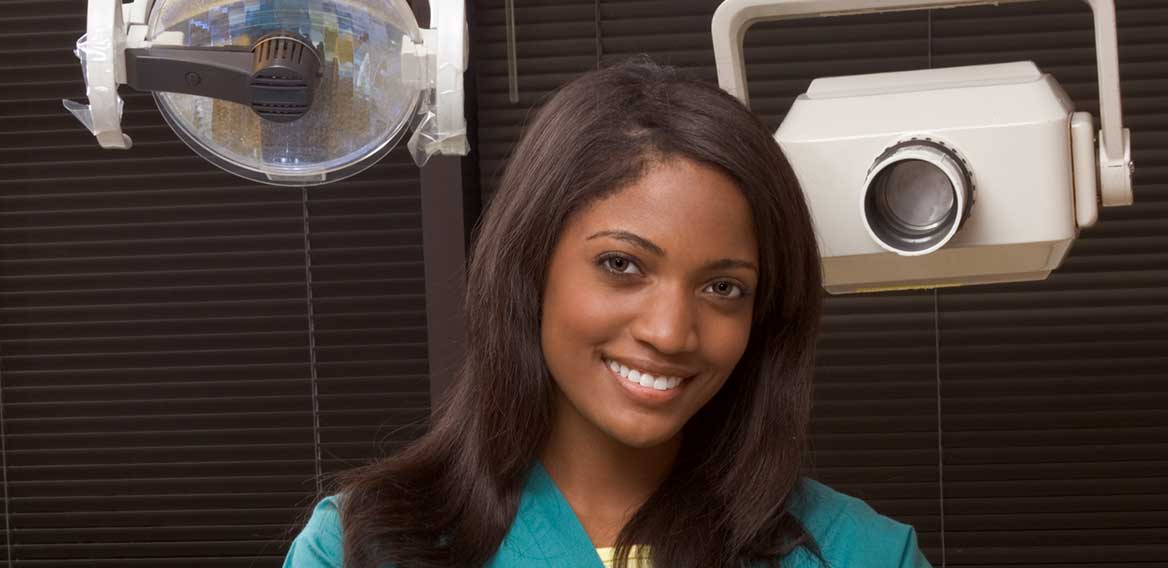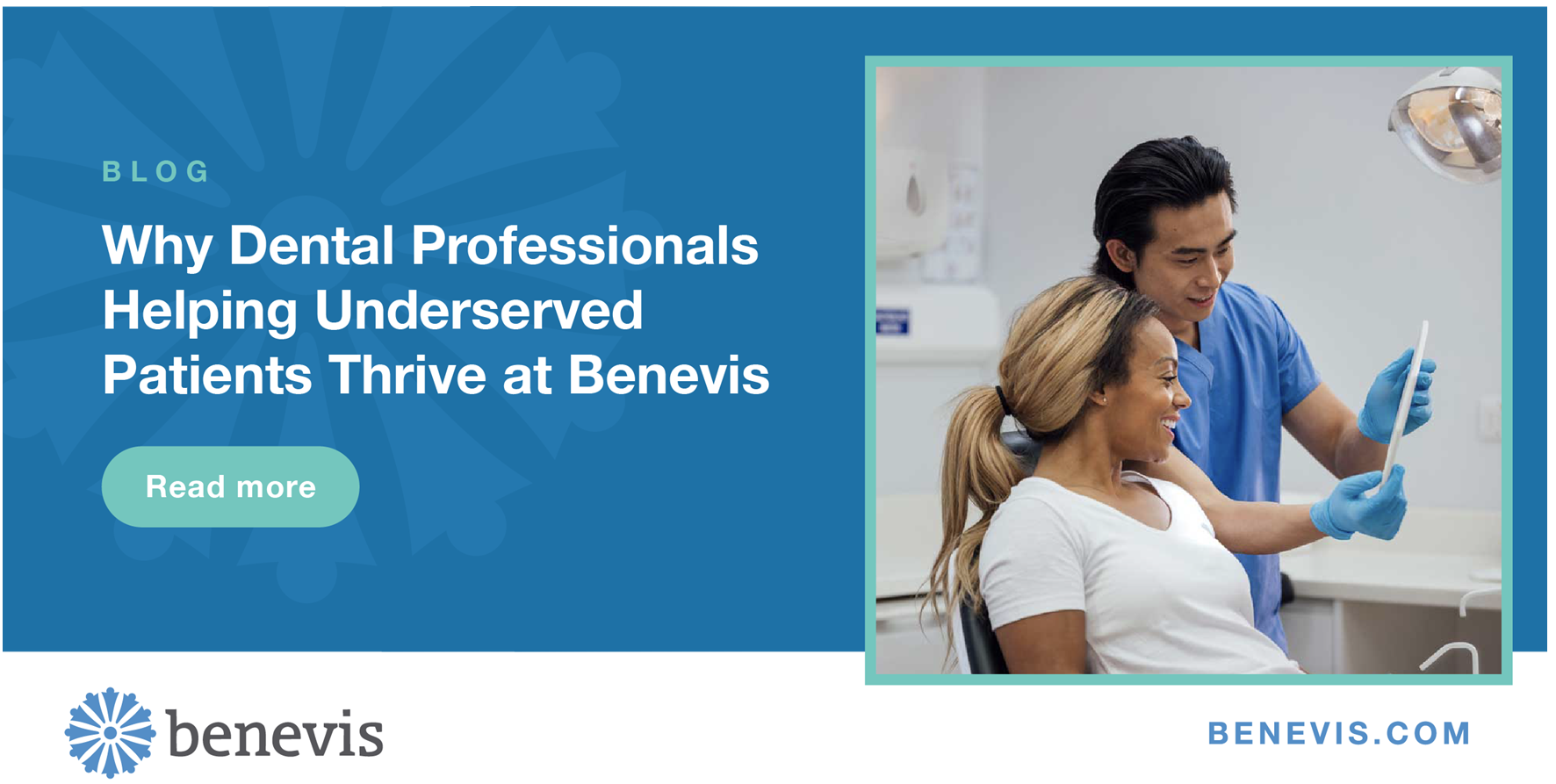Celebrating Dental Hygienists at Benevis
Why Dental Hygienist Work is Important
This week, we celebrate our 400 plus Dental Hygienists at Benevis and thank them for the compassionate care they deliver to children and families every day. Dental hygienists set the foundation for good oral health in their patients while providing pivotal support to dentists.
Formally educated and trained to perform specialized dental tasks, dental hygienists can also treat a patient on their own without a doctor’s supervision. For preventative dental services such as cleaning teeth, scaling, polishing and fluoride treatments, you may only see a dental hygienist. They will refer you to the dentist if they think you need additional treatment, such as addressing a cavity or for an orthodontic referral.
Why Dental Hygienists Choose Benevis
When asked why they choose to work at Benevis, many of our outstanding dental hygienists shared that they are driving our mission to create a nation of happy, healthy smiles by providing quality care in their local communities. Delivering quality care in a fun, compassionate environment is what Benevis promises to each and every patient.
We are grateful for the 400 dental hygienists who choose to be a part of the Benevis family. Nearly half of those dental hygienists have been with us for more than five years making it possible for approximately 600,000 children to access quality care annually.
How to Become a Dental Hygienist
The first step towards becoming a dental hygienist is getting a bachelor’s or associate degree in dental hygiene. You can earn this degree online or at one of many schools across the country. Most programs take two to three years. Ensure you enroll in a school accredited by the Commission on Dental Accreditation (CODA). After earning your degree, you must pass the National Board Dental Hygiene Examination (NBDHE) and then take a licensing exam that is specific to your state. It is important that you have a Dental Personal Identifier Number (DENTPIN) before applying for your licensing tests.
After you’ve received your degree in dental hygiene and passed your National Board Dental Hygiene Examination, you can begin practicing as a dental hygienist. In addition, it is important to have good communication skills, interpersonal skills and be detail-oriented. You can also develop your skills by enrolling in continuing education courses offered by local colleges, joining the American Dental Hygienists’ Association or enrolling in a master’s degree program in dental hygiene. To learn more, please check out How to Become a Dental Hygienist.


